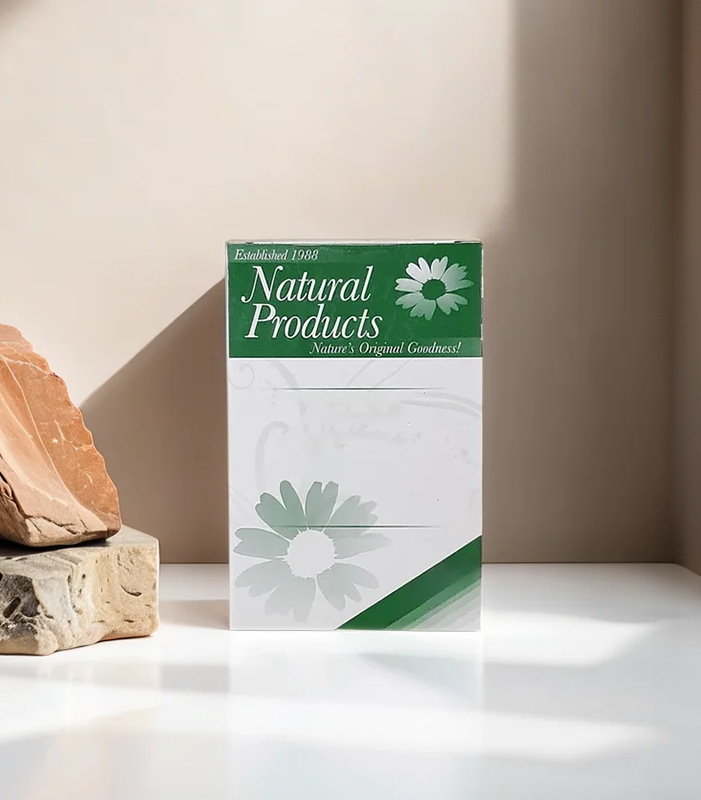Understanding Henna Powder:
Henna powder is made from the leaves of the Lawsonia inermis plant, native to tropical and subtropical regions of Africa, Southern Asia, and Australasia. When these leaves are dried and ground into a fine powder, they release lawsone, a natural dye that binds to proteins, making henna an effective coloring agent for skin and hair.
Properties and Benefits:
- **Natural Dye**: Henna is best known for its ability to dye hair and skin a rich reddish-brown color. Unlike chemical dyes, henna is gentle and does not damage the hair shaft or skin.
- **Hair Conditioning**: Henna naturally conditions hair, improving texture by making it smooth, shiny, and manageable. It can also help seal the hair cuticle, enhancing strength and preventing breakage.
- **Scalp Health**: Its antifungal and antimicrobial properties help maintain scalp health, potentially reducing dandruff and other scalp issues.
- **Cooling Effect**: Traditionally, henna is used for its natural cooling properties, making it popular in hot climates for cooling the body.
- **Temporary Body Art**: Henna is commonly used for temporary tattoos, especially in cultural and ceremonial practices, where it is applied to the skin in intricate patterns.
Application and Usage:
- **Hair Dye and Conditioner**: Mix henna powder with water, and sometimes with acidic ingredients like lemon juice, to form a paste. Apply this to the hair for a natural dye and deep conditioning treatment.
- **Body Art**: For body decorating, henna paste is applied to the skin in elaborate patterns, especially during special occasions like weddings in many cultures.
- **Cooling Agent**: Applied to the palms and soles to mitigate body heat during intense summers.
- **Crafts**: Used to stain fabrics, woods, and leathers, providing a natural alternative to synthetic dyes.
Conclusion:
Henna powder is a versatile and natural product that offers both aesthetic and health benefits. Whether used for hair conditioning, skin decoration, or crafting, henna provides a safe and effective solution, making it a prized ingredient in many cultural traditions around the world.

